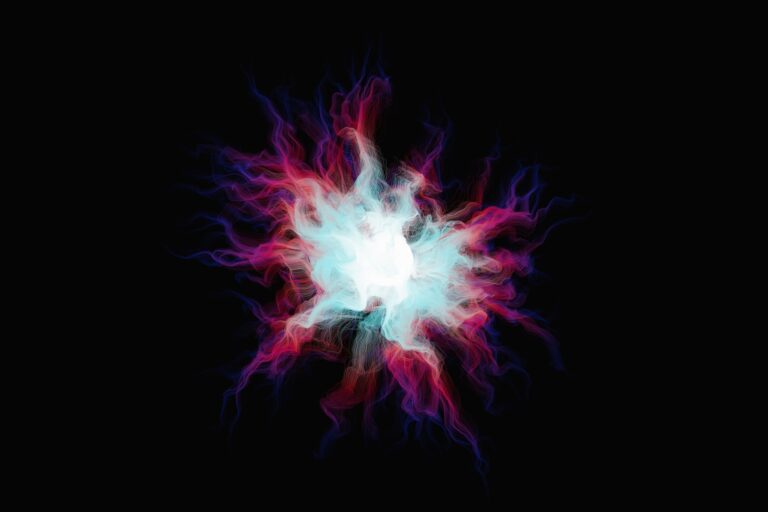Department of Chemistry, Physics, and Atmospheric Sciences – PHYSICS
College of Science, Engineering, and Technology
If you have ever wondered scientifically, “why” something is the way it is, or “how” can something exist or behave the way it does, then you’ve entered the realm of physics. Physics is the most fundamental of all sciences, and is the study of nature that is all around us. Physicists try to understand the most basic laws that govern the behavior of nature.
Loren D. White, Ph. D.

Education
Ph.D., Meteorology, Florida State University
Research Interests
Numerical modeling
Land surface/biosphere interactions
Mesonet observing systems
Mesoscale meteorology
Tropical meteorology
Selected Publications
White, L.D., 2003: “Methodology for design of a Mississippi Mesonet”, 7th AMS Symposium on Integrated Observing Systems, Feb. 10, 2003, Long Beach, CA.
White, L.D., 2002: “Land surface forcing as an element in seasonal ensemble prediction”. 16th AMS Confer. on Probability and Statistics in Atmospheric Sciences, Jan. 2002, Orlando.
White, L.D., M. Tewari, and T.N. Krishnamurti, 1998: Application of a GCM to study the surface hydrological budget of Amazonia. J. of Applied Meteor., 37, 1321-1331.
Krishnamurti, T.N., L.A. Ogallo, L.D. White, and G. Daughenbaugh, 1994: Climate Atlas of Africa: 1980-1989. Dept. of Meteorology, Florida State Univ., Report FSU-94-14, 696 pp.
Contact Information
Phone: (601) 979-3635
Fax: (601) 979-3630
LEARN BY DOING
Learn about the frontiers of space and time while searching for extrasolar planets and world-renowned observatories. Explore the mind-bending consequences of Einstein’s theory of gravity and curved space-time, or unlock the mysteries of our awesome Earth with field research opportunities.
“Challenging Minds, Changing Lives.”
RESEARCH
For many years, we have played a central role in new physics developments and advancements.
Want to learn more? Click below to view our advancements.
RESOURCES
PERSONNEL
READY TO JOIN?
For more information, please contact us at (601) 979-7012. We look forward to meeting with you and seeing how our program can help you achieve your goals.

